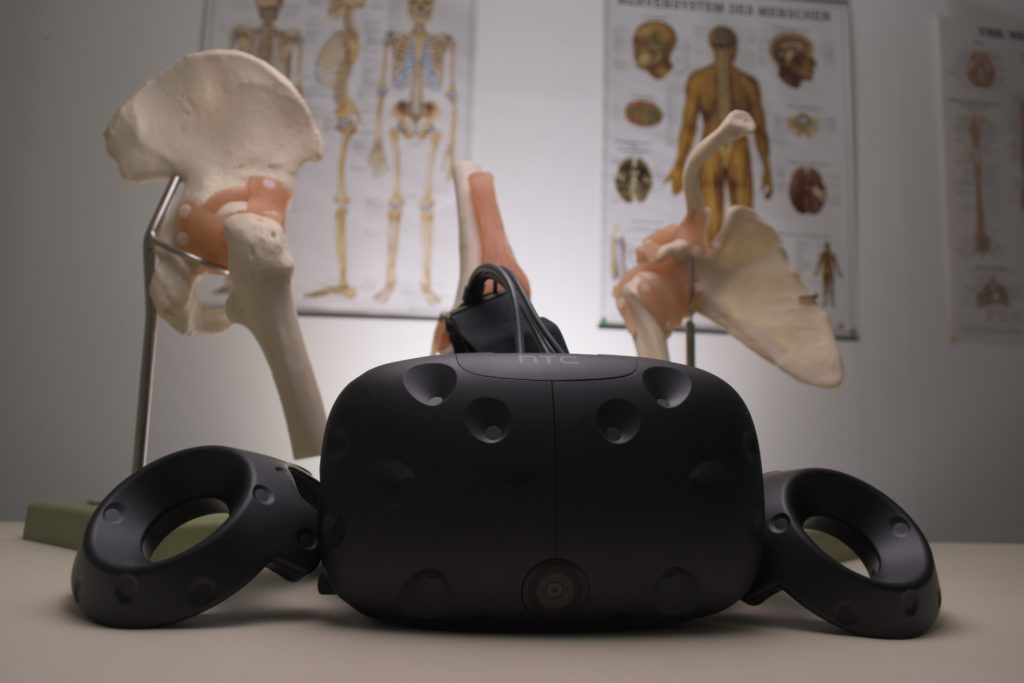Does a degree in engineering automatically make you future-proof? Especially in countries that pioneer in the technical field, like Germany.
This question cannot be answered so clearly. And there are at least two reasons for that:
First, it depends on the industry. Many industries are undergoing radical change and have a need for specialized knowledge. Digitalization is just one reason. Another reason is climate change. Due to the shift to electro-mobility, the automotive industry is looking for electrical engineers. The switch to environmentally friendly technologies increases the need for specialized knowledge in this area. Trends such as smart cities or smart agriculture are influencing civil engineering and agricultural engineering, respectively.
Second, digital technologies and the shift to Industry 4.0 are changing production and work processes. Actually, the introduction of computer-aided design has been shaping the engineering profession since the 1960s. The use of computers and software programs has permeated many areas of activity in the engineering profession, such as design, manufacturing, planning and monitoring, sales, etc., in addition to driving automation in production.
According to a survey conducted by the German Mechanical Engineering Federation, there is a “need for qualification” in the area of Industry 4.0, “both for students and for employees“. The identified skills gaps are in future technologies such as artificial intelligence, machine learning, augmented and virtual reality, as well as in data and IT security.
What skills for the future of engineering?
Our research using mechanical engineering as an example also shows that the three pillars of the engineering profession still exist:
- Technical Skills – engineering fundamentals such as mathematics, physics, materials science, engineering mechanics, and construction design are still necessary.
- Methodological Skills – includes analytical and problem-solving skills but also mastery of tools and methods, such as the finite element method.
- Self- and Social Skills– interdisciplinary collaboration in agile teams increases the need for Teamwork and communication skills.
Additional competences are becoming more important:
- Data – new technologies enable the collection, storage, transmission, and analysis of larger volumes of data (Big Data) and this has an impact on products, production processes and business models. Subsequently, there is also a need for people who can analyze the data and who are familiar with data protection or IT security. It is likely that specialists will be more likely to take on these activities. Nevertheless, it will be important for engineers to have a basic understanding of these areas.
- Systems Thinking – includes the ability to think holistically and to think through processes, products, and customer requirements from “beginning” to “end”.
- Interdisciplinarity – as products and processes have become more digital and complex, engineers from one discipline should develop an understanding of other disciplines (e.g. electrical engineering, computer science, data management….).
- Learning and Social Responsibility – technical development requires human development. Here I see learning as a developmental process. In addition, it is important to think about the societal challenges that technology brings.
What is the knowledge repertoire expected of engineering scientists?
Rest assured, there’s no expectation for you to possess all-encompassing knowledge! However, it’s crucial to recognize that the landscape of engineering is evolving. A willingness to learn is a valuable asset, whether you are embarking on your educational journey or already immersed in your career. Companies are seeking individuals who think critically and combine their knowledge to develop new ideas for solving customer problems. These insights emerge from discussions with industry leaders who also understand the importance of creating an environment conducive to growth, rather than merely imposing demands.
Lifelong learning will thus have to become part of the training culture. And as we revisit the graphic above, this principle applies also to other (not just STEM) fields.
We would all benefit from a better understanding of other disciplines, a handle on data, and an ability to learn and evaluate our actions.




Leave a Reply